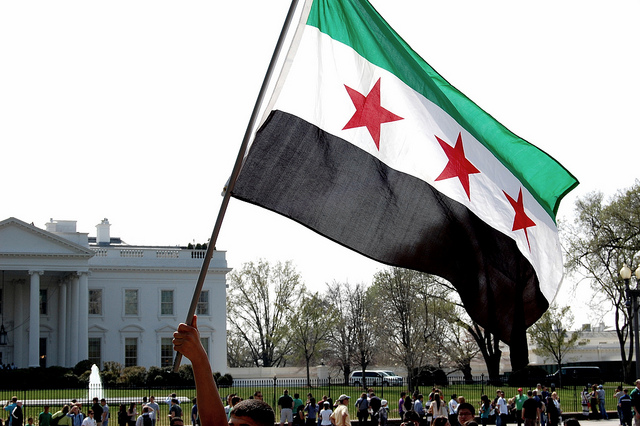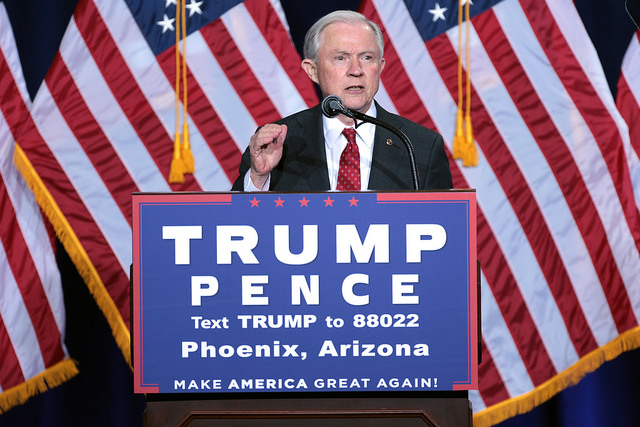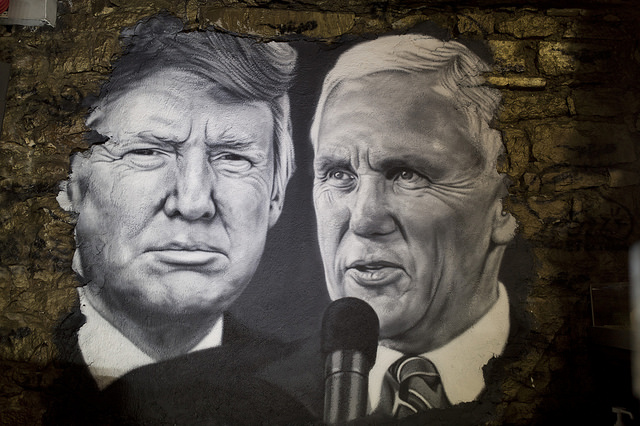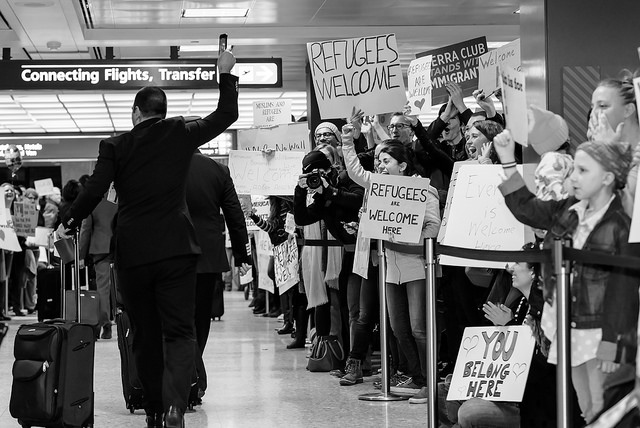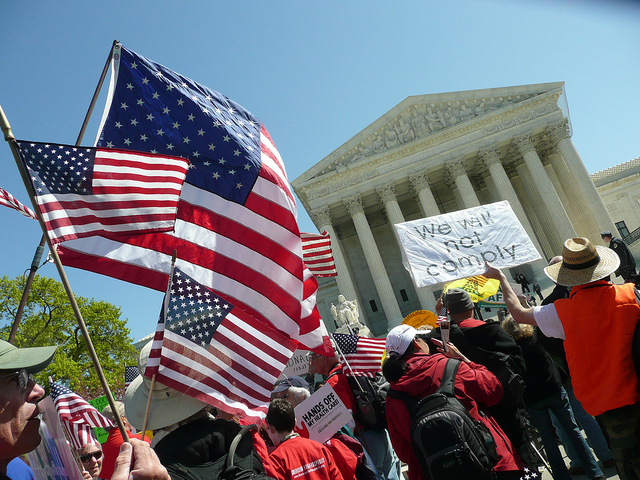On March 5, 2018, the United States Citizenship and Immigration Services (USCIS) announced that Syrian nationals currently receiving benefits under Temporary Protected Status (TPS) may re-register between March 5, and May 4, 2018, to maintain their status under the program.
Re-registration instructions and information on how to renew employment authorization have been published on the USCIS website.
Applicants must re-register by submitting Form I-821 Application for Temporary Protected Status to maintain TPS benefits, and may submit a properly completed Form I-765 Application for Employment Authorization to renew employment authorization documents (EAD) at the same time. Alternatively, TPS applicants may file Form I-765 at a later date.
Those who are eligible to apply will receive new employment authorization documents with a September 30, 2019 expiration date. For individuals who have filed for TPS re-registration, USCIS will automatically be extending the validity of EADS that expire on March 31 for a period of 180 days, through September 27, giving USCIS enough time to process applications while at the same time allowing TPS beneficiaries to continue working without interruptions.
 Visa Lawyer Blog
Visa Lawyer Blog


